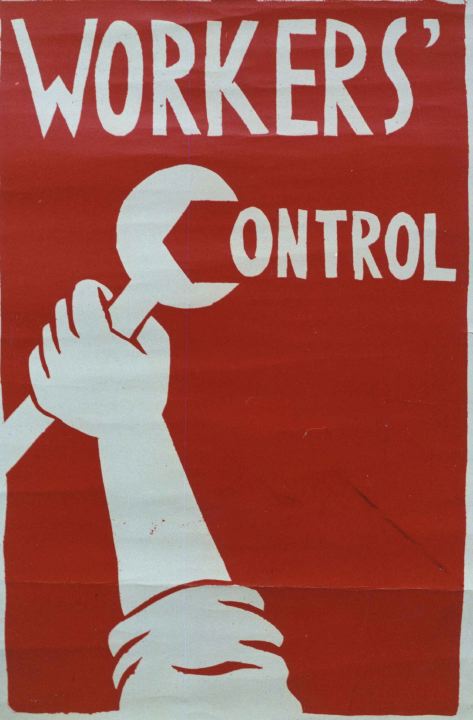Call Forum 15-5-7
Industrial Union of Workers – IWW Montreal invites you to participate in a public forum addressing the struggle for a minimum wage 15$ /h, 5 week vacation and 7 paid sick days per year.
This will take place the 12 February 2016 the Popular Education Center in Little Burgundy and St. Henri, the 2515 Delisle, 18:00.
This forum will offer a panel where several people present different facets of this struggle, is the economic aspect, the experience of a worker at minimum wage, a feminist analysis and the experience of this struggle in the US. On the panel will be present-e-s :
minh Nguyen, researcher at IRIS
Morgane M-Parsons IWW Montreal
Daniel crawled the 15NOW (United States)
Jean-Pierre Center for Immigrant Workers-e-s (CTI)
Jacques Fontaine e-s-employed Union of the Old Port of Montreal
Kim Bouchard Action-Unemployment Movement
Following the panel, there will be a period of questions and interventions thirty minute. After a short break, group discussions will be held on the following themes :
Immigrant Workers-e-s
Women and Working Conditions
precarious workers
Housing and precarious work
Community and working conditions
This moment is an opportunity for everyone to propose actions to be taken in the coming months.
We are launching this campaign because the minimum working conditions do not allow us to live, barely survive. These claims are essential to any-worker or worker wanting a decent life, pay rent, be able to raise children and do not be caught-e by the throat as soon as unexpected happens.
If this does not solve the question of capitalist oppression on our lives, these claims will enable us, collectively, mobilize and get us the minimum that we must!
We would like to mention that this forum will be open to everyone.
“Because we are worth more than the minimum!”
Industrial Union of workers'.






 X-374163
X-374163


